- The International Jury awarded the Silver Spike to the Spanish production Sis Dies Corrents [Odd-Job Men], by Neus Ballús, which also won the Audience Award
- The Ribera del Duero Award for Best Director goes to Swiss director Fred Baillif for La Mif [The Fam], and the Pilar Miró Award for Best New Director goes to Iranians Behtash Sanaeeha and Maryam Moghaddam for Ghasideyeh Gave Sefid [Ballad of a White Cow].
- The feature film Mes Frères et Moi [My brothers and I], wins Meeting Point, while in Time of History the award was shared by My Chilhood, my country – 20 Years in Afghanistan and Writing with Fire.
The film Last Film Show, a co-production between India and France directed by Pan Nalin, has won the Golden Spike at the 66th Valladolid International Film Festival. The film, with autobiographical overtones, is Nalin’s tribute to celluloid based on the story of Samay, a nine-year-old boy whose life is turned upside down when he watches a film in the cinema for the first time.
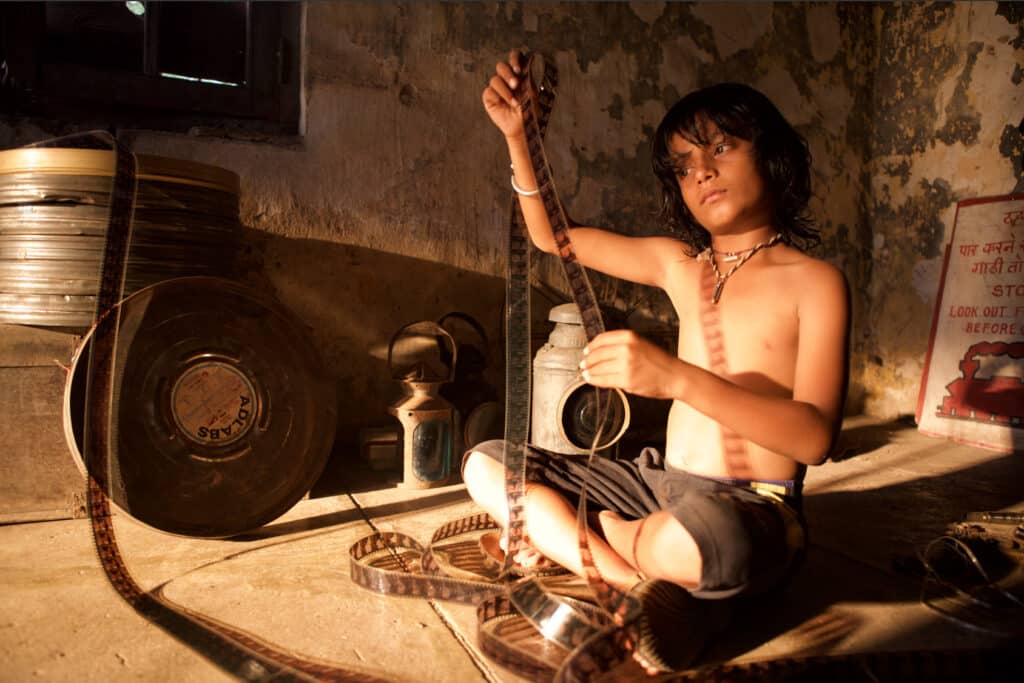
The Silver Spike went to the Spanish production Sis Dies Corrents [Odd-Job Men], by Neus Ballús, a film halfway between fiction and documentary that is based on real situations and characters to tell the daily life of three workers in a small plumbing and electrical company on the outskirts of Barcelona. The film has also won the Audience Award in the Official Section, organised by the El Norte de Castilla newspaper, with a mark of 4.3 out of 5.
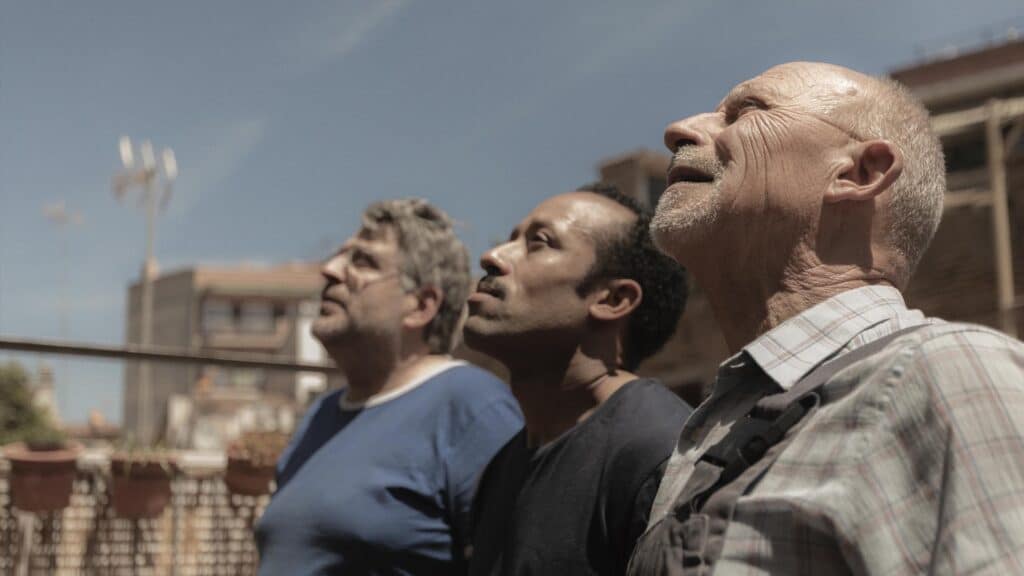
The Ribera del Duero Award for Best Director went to Swiss filmmaker Fred Baillif for La Mif [The Fam], which also won him the José Salcedo Award for Best Editing. The film’s cast also received a special mention from the jury for their performances.

The jury recognised Yuriy Borisov as best actor for his work in Juho Kuosmanen’s Compartment No. 6, while the award for best actress went to Yllka Gashi for Blerta Basholli’s Hive.

The Pilar Miró Award for Best New Director went to Iranians Behtash Sanaeeha and Maryam Moghaddam for their film Ghasideyeh Gave Sefid [Ballad of a White Cow], and Paul Schrader won the award for Best Screenplay, named after Miguel Delibes, for El Contador de Cartas [The Card Counter]. The award for Best Cinematography went to Akiko Ashizawa for Vengeance Is Mine, All Others Pay Cash, by Edwin.
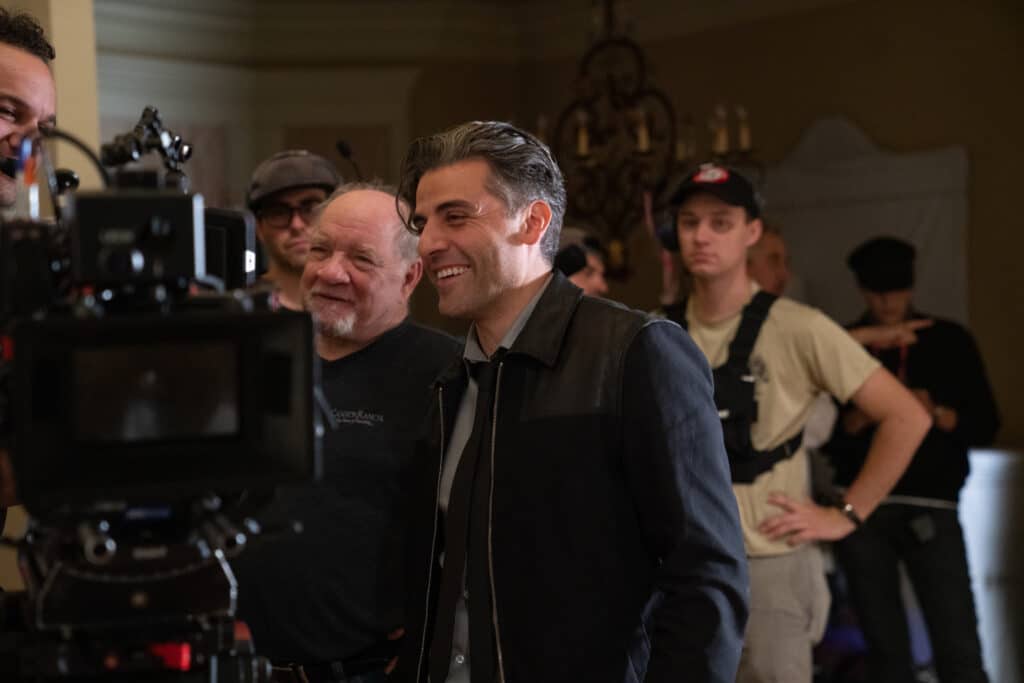
Short Films
The International Jury, chaired by the Canadian-Indian director Deepa Mehta and completed by actress Marta Etura, journalist Elsa Fernández-Santos, Argentinean film historian Alberto García Ferrer and his compatriot Javier Porta Fouz, director of the Buenos Aires International Independent Film Festival, awarded the Golden Spike to the short film Affairs of the Art, created by Joanna Quinn. This work has also won the Best European Short Film Award, which automatically makes it a candidate for the European Film Awards. The Silver Spike in this category went to Mi Última Aventura [My Last Adventure], by Argentinians Ramiro Sonzini and Ezequiel Salinas.
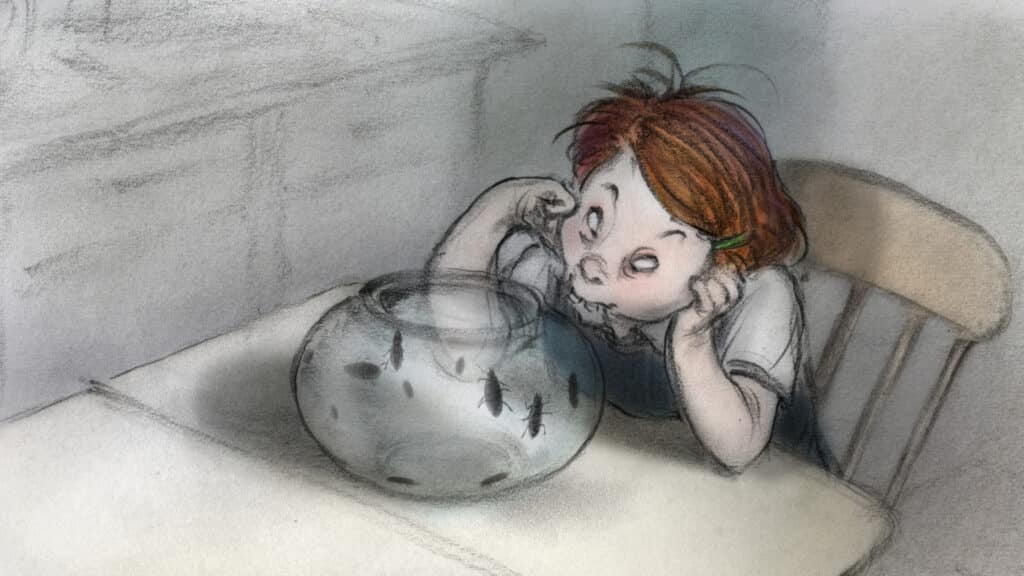
The FIPRESCI International Critics’ Prize, awarded by journalists Dana Duma (Romania), Daniel Oliveira (Portugal) and Ramón Rey (Spain), went to Joachim Trier‘s The Worst Person in the World, which also received the Official Section Youth Award. The film also won the Golden Blogos Award, whose jury was made up of bloggers Tomás Gutiérrez (Cine de Patio), José Francisco Pérez (No Es Cine Todo lo Que Reluce) and David Sánchez (Te Gusta Mucho el Cine?).
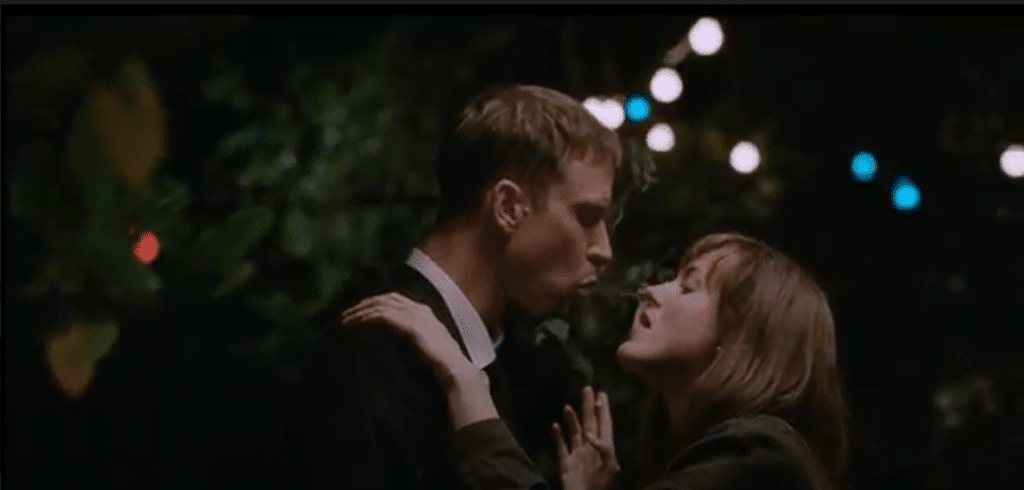
Meeting Point
In the Meeting Point section, the award for best feature film went to Mes Frères et Moi [My Brothers and I], by Yohan Manca, which also won the Audience Award, once again organised by El Norte de Castilla, with a mark of 4.7 out of 5. Meanwhile, Les Criminels [The Criminals], by Serhat Karaaslan, won the Best European Short Film Award. In this last category, the Jury decided to give a special mention to Nuits Sans Sommeil [Sleepless Nights] by Jérémy van der Haegan.
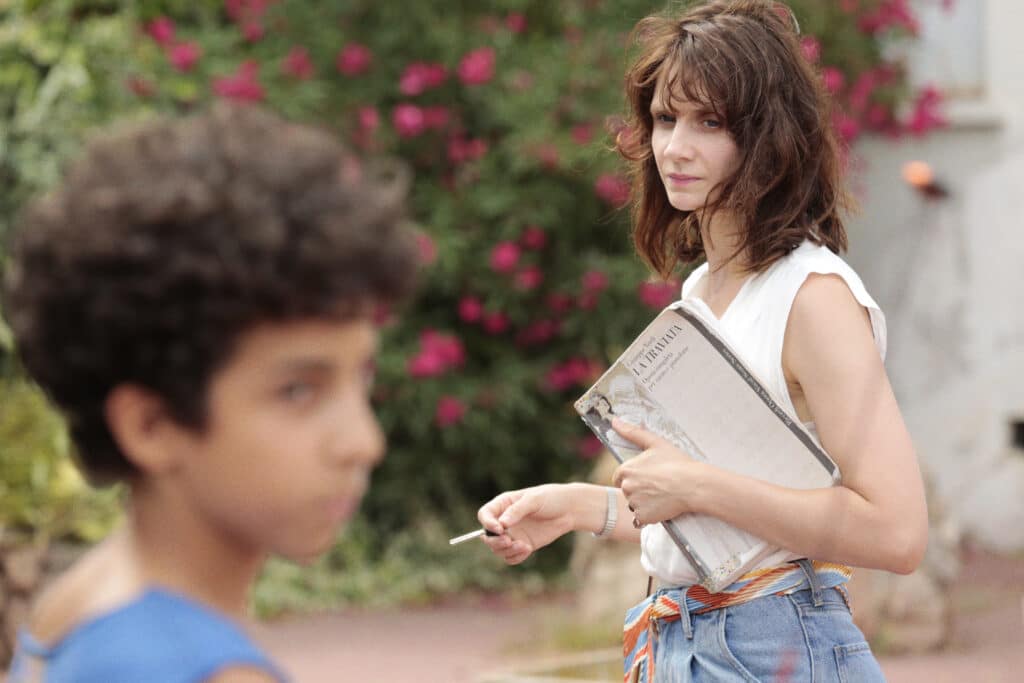
In the Night of the Spanish Short Film, the award was taken away by Las Infantas [The Princesses], by Andrea H. Catalá. Furthermore, the Jury, made up of Iranian filmmaker Farnoosh Samadi, Spanish filmmaker and screenwriter José Luis Montesinos and the Argentinian actress, playwright and director Romina Paula, gave a Special Mention in this category to Intentando [Trying], by Juan Manuel Montilla ‘El Langui’.
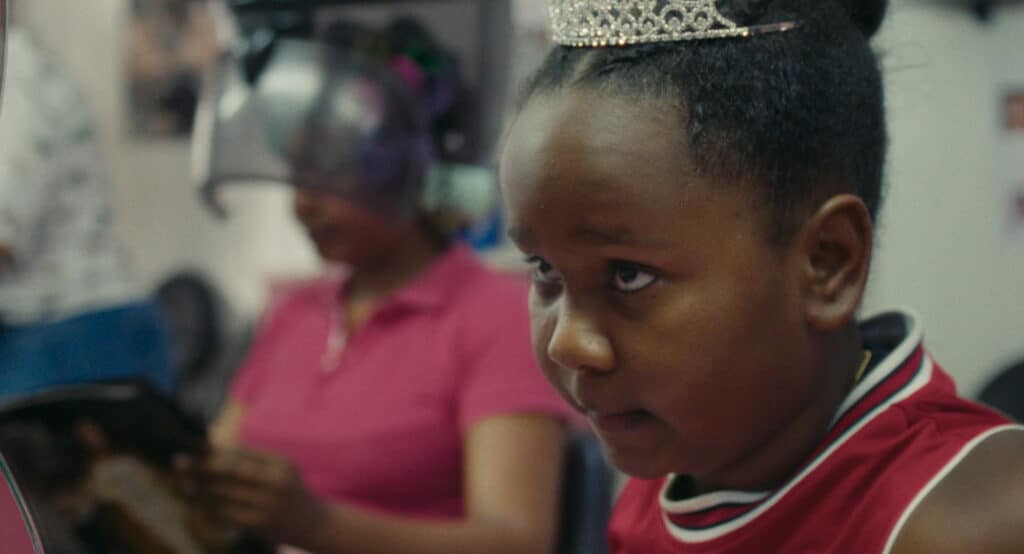
The Meeting Point section also has a Youth Award, which went to Hvor Kragerne Vender (Persona Non Grata), by Lisa Jespersen. In addition, a Special Mention was awarded to The Dorm, by Roman Vasyanov.
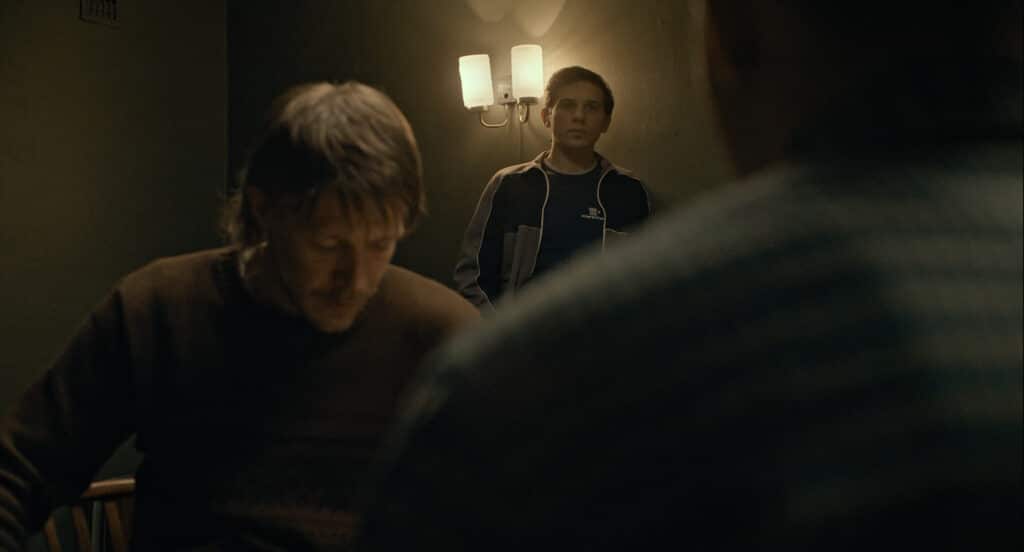
Time of History
The first award in Time of History went ex aequo to My Childhood, my Country – 20 Years in Afghanistan, by Phil Grabsky and Shoaib Sharifi, and Writing with Fire, by Rintu Thomas and Sushmit Ghosh. The second prize in the section went to Corsini interpreta a Blomberg y Maciel [Corsini Interprets Blomberg and Maciel], by Mariano Llinás.
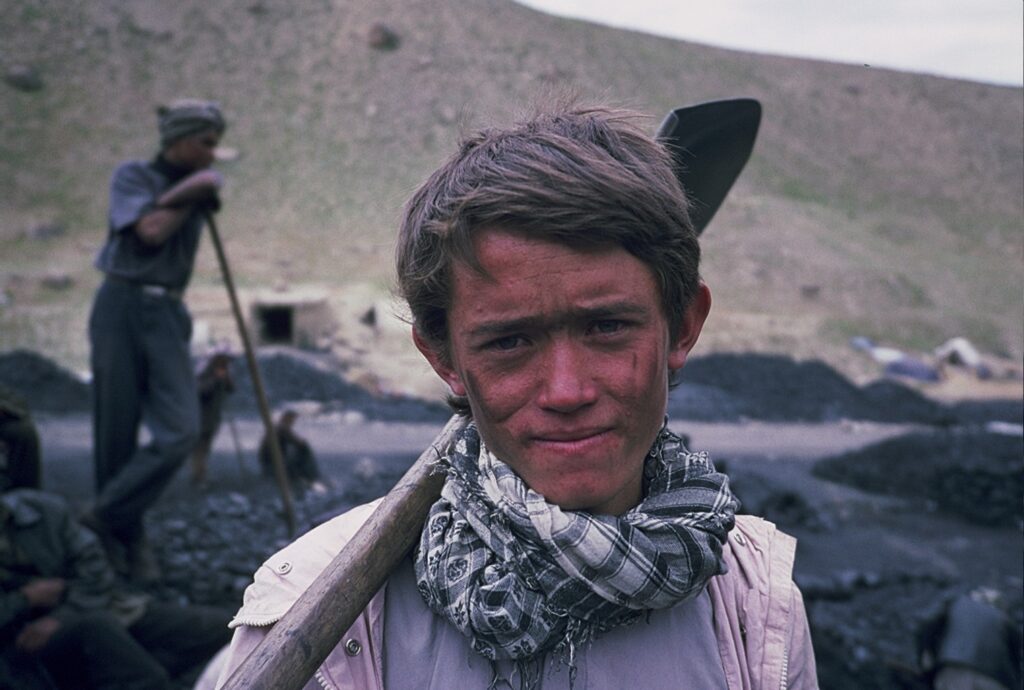
In the short film category, When We Were Bullies, by Jay Rosenblatt, wonthe award. The jury, made up of Antonio Delgado Liz, director for nine editions of DocumentaMadrid, film critic Abraham Domínguez and Argentinian director and editor María Silvia Esteve, also awarded a special mention to La Gàbia [The Cage], by Adán Aliaga.

The Audience Award in Time of History, also awarded by El Norte de Castilla, went to the Mexican film Luchadoras [Fighters], by Paola Calvo and Patrick Jasim, with a full 5 out of 5 marks in the votes.
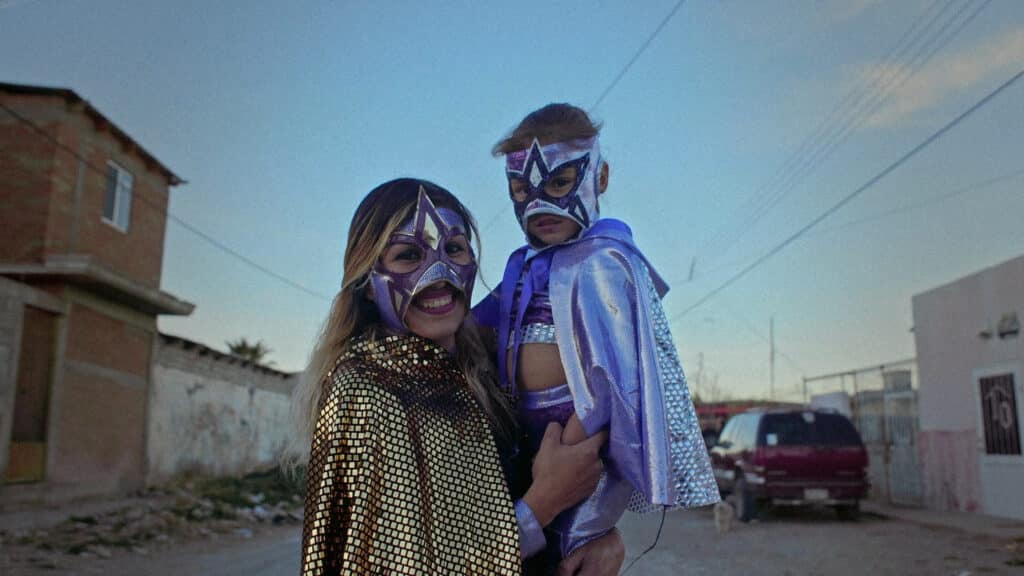
DOC.Spain and Castilla Leon in Short Film
El Vent Que Ens Mou [The Wind That Moves Us], by Pere Puigbert, has won the DOC.Spain award, whose prize was given by three directors: Argentinian Ignacio Acconcia, Spaniard Héctor Domínguez-Viguera (winner of this section in 2020 for Tierra de Leche y Miel [Land of Milk and Honey]), and also Spaniard Manuel Menchón.
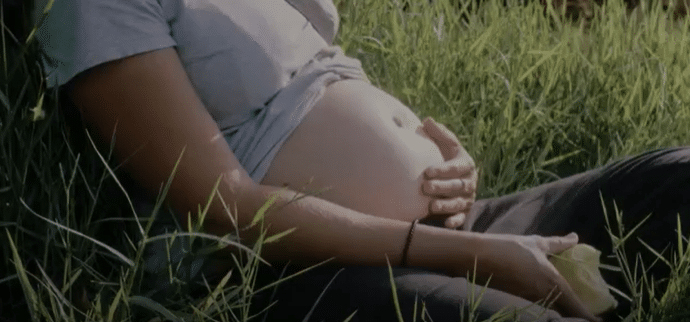
El Rey de las Flores [King of the Flowers], by Alberto Velasco from Valladolid, won the award for Castilla Leon in Short Film, a section whose jury was made up by cultural manager Andrea Diéguez, director Alejandro Renedo (winner in this section in 2020 with De Perfil), and actress Andrea Trepat. In addition, they gave a special mention to Marinera de Luces [Sailor of Lights], by Pablo Quijano.
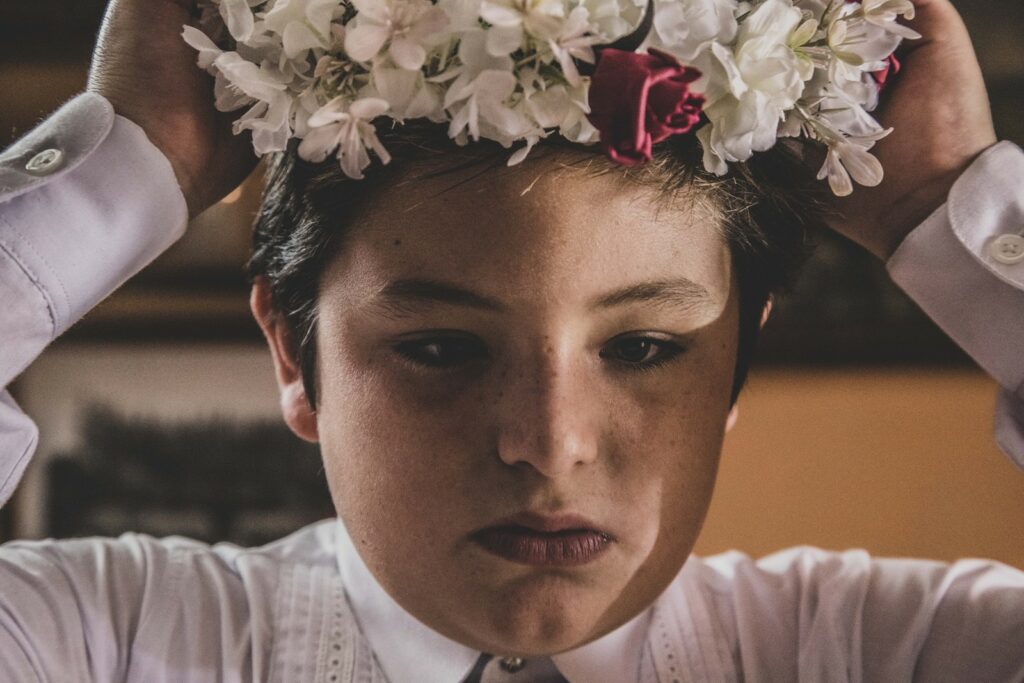
Other Awards
The jury of the Green Spike at the 66th edition of Seminci, made up of director David Baute (winner of this award in 2020 for Éxodo Climático [Climate Exodus]), Miguel López Cabanas, secretary of the board of directors of Greenpeace Spain, and journalist and presenter Sandra Sutherland, gave the award to Animal, by Cyril Dion. They also gave a special mention to Wu Qu Lai Chu [I’m So Sorry], by Zhao Liang.

Additionally, French filmmaker and writer Lucien Burckel de Telle, director of short films Roberto F. Canuto; David Lagunilla, member of the organisation of CinHomo (Castilla Leon Cinema and Sexual Diversity Festival); Yolanda Moreno, professor of Plastic, Visual, and Audiovisual Education, and infant school teacher and volunteer at Fundación Triángulo Mónica Tranque, members of the Jury of the Rainbow Spike Award, have given it to Sedimentos [Sediments], by Adrián Silvestre, programmed in the Castilla Leon Fesature Film section.
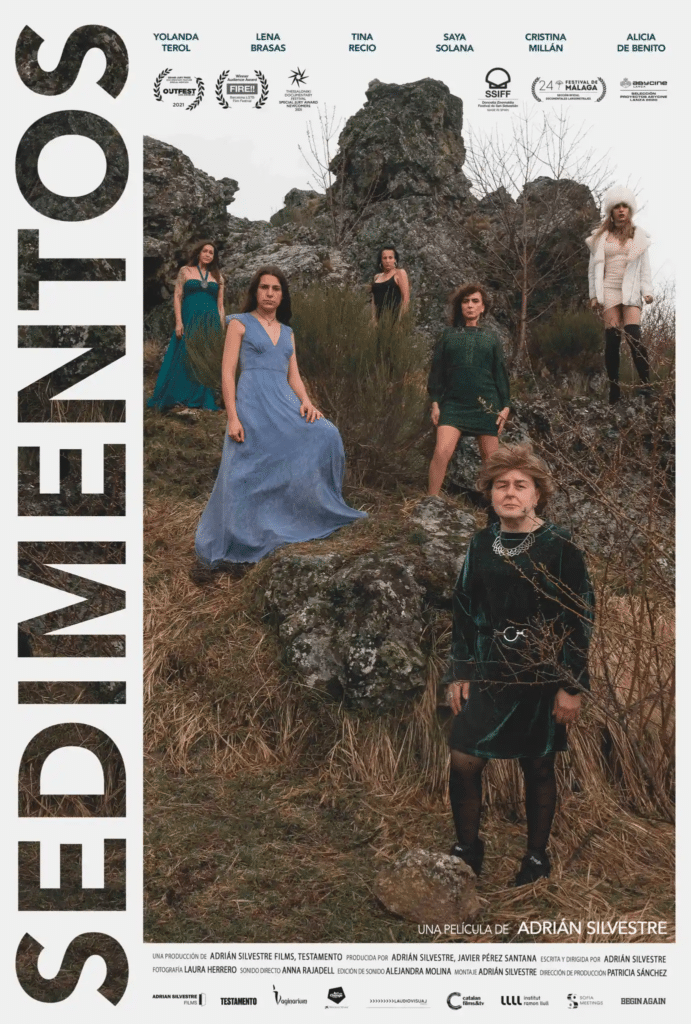
The FUNDOS award, a novelty this year at Seminci, went ex aequo to the Official Section film Hive, by Blerta Basholli, and to the documentary Writing with Fire, by Rintu Thomas and Sushmit Ghosh, also winner of the Time of History section. The jury for this award, which recognises the film that best portrays the phenomenon of social transformation and innovation, was made up of University of Valladolid professor Javier Alonso Magaz, filmmaker Eduardo del Llano, two-time Goya-winning film editor Teresa Font, FUNDOS trustee Leandro J. Martín and social impact expert Belén Viloria.
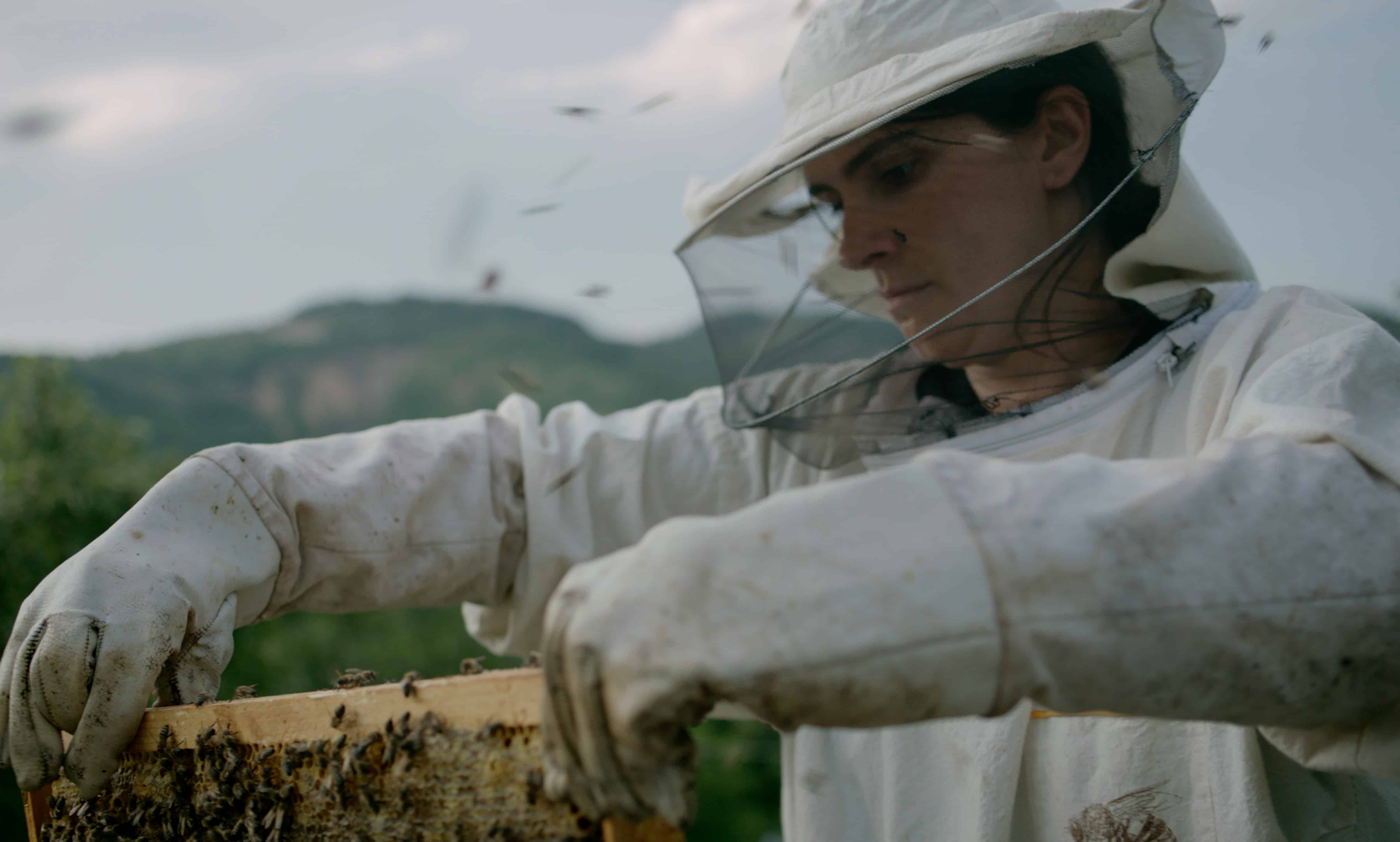
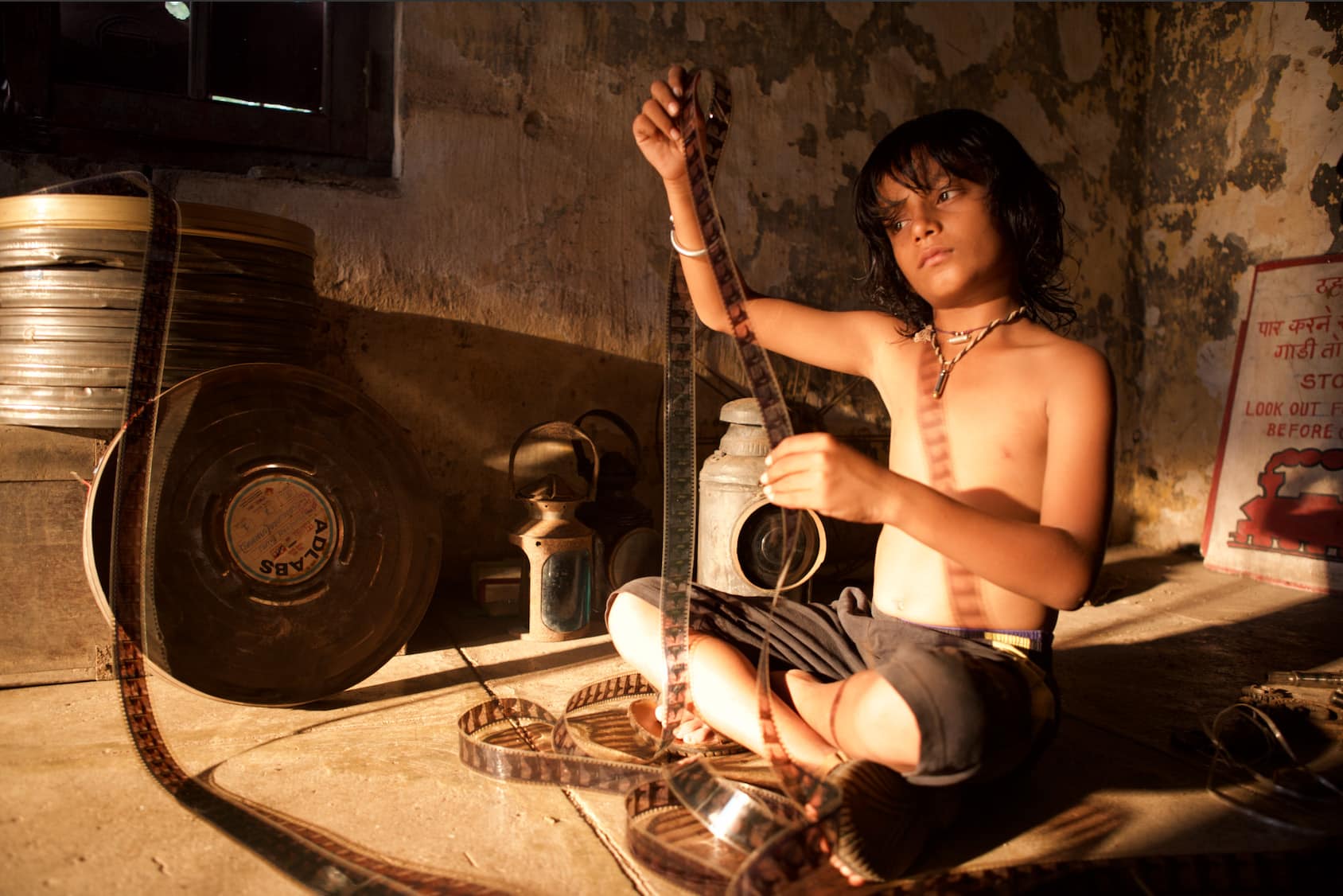


























![Logo Foro Cultural de Austria Madrid[1]](https://www.seminci.com/wp-content/uploads/2024/09/Logo-Foro-Cultural-de-Austria-Madrid1-300x76.jpg)








